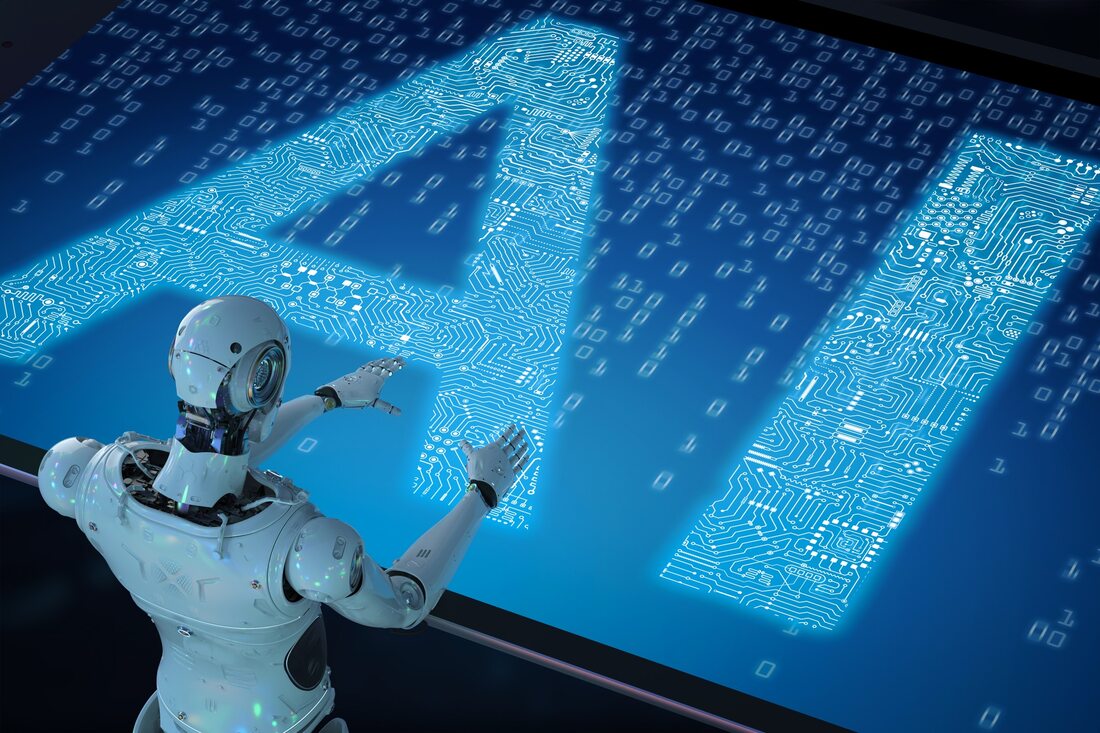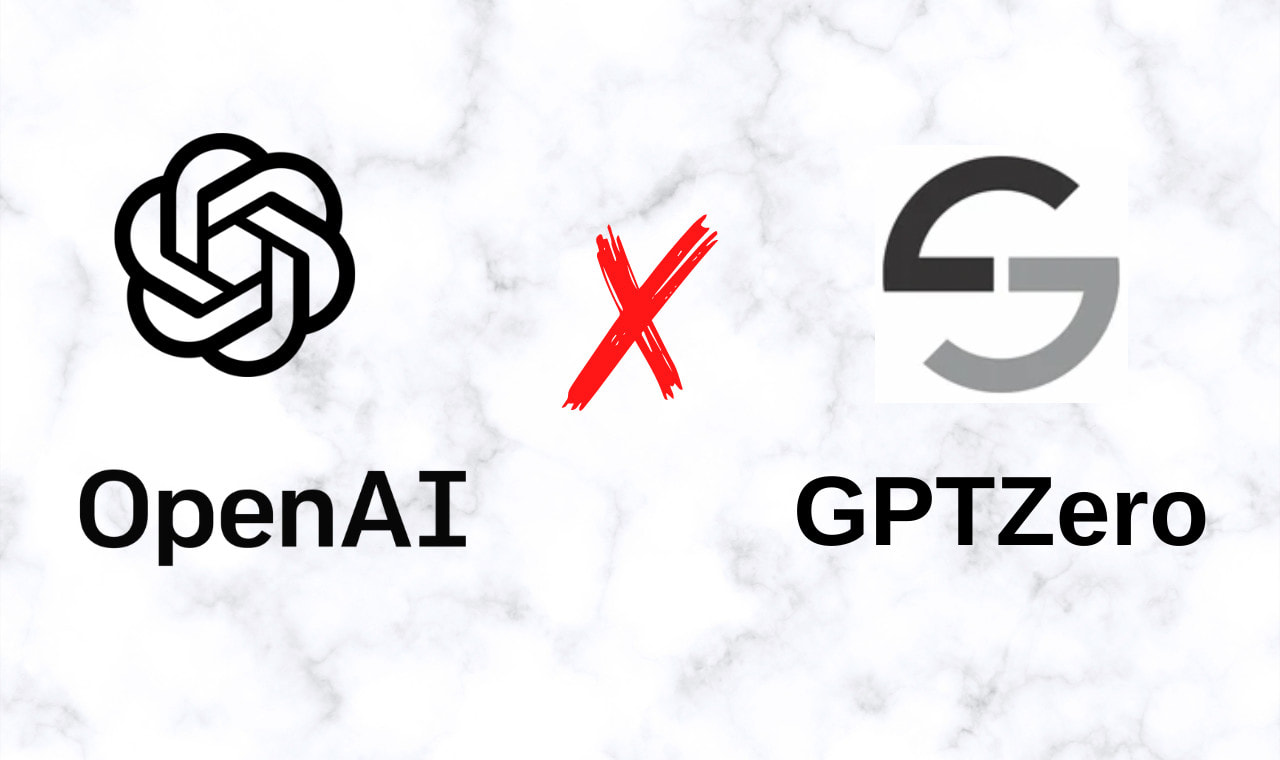"all over the us, students have been using newly found technological advances to cheat in class."
--KAi Vejsada, 7th grade
Over the years, OpenAI has made several incredible breakthroughs in technology, such as DALL-E and ChatGPT, DALL-E, which allows users to generate images by typing in detailed or vague descriptions of what they want a picture to look like. OpenAI’s most recent development, ChatGPT, is a wonder. ChatGPT allows users to generate any type of writing, such as poetry, essays, and even letters. The latest iteration, ChatGPT-3 can write all this while sounding like a human. Previously, ChatGPT was highly inaccessible to the public because it was stuck behind a paywall, but now with its successor, GPT-3, going live, users can access it for free. However, with this new advancement made more accessible, students all over the USA have been using ChatGPT-3 to cheat.
“In [and] of itself, I think the tool is amazing and is a significant step in the technology,” says David Smith, the Oakland School for the Arts Director of Technology. “However, I am concerned about how this technology along with the increasing quality of deep fake videos could produce malicious or harmful content.”
Some people, however, think that the writing is not advanced enough for college level. “You're not going to be able to push a button or submit a short prompt and generate a ready-to-go essay," said Scott Graham, Associate Professor at the Department of Rhetoric & Writing at the University of Texas at Austin, recently told NPR.
Colleges and universities are coming up with new ways to detect ChatGPT writing. While many Americans were nursing hangovers on New Year's Day, 22-year-old Edward Tian was working feverishly on a new app to combat the misuse of the powerful, new artificial intelligence tool called ChatGPT. "I think we're absolutely at an inflection point," he told NPR. "This technology is incredible. I do believe it's the future. But, at the same time, it's like we're opening Pandora's Box. And we need safeguards to adopt it responsibly." Tian is a senior at Princeton University, where he majors in computer science and minors in journalism.
Some people, however, think that the writing is not advanced enough for college level. “You're not going to be able to push a button or submit a short prompt and generate a ready-to-go essay," said Scott Graham, Associate Professor at the Department of Rhetoric & Writing at the University of Texas at Austin, recently told NPR.
Colleges and universities are coming up with new ways to detect ChatGPT writing. While many Americans were nursing hangovers on New Year's Day, 22-year-old Edward Tian was working feverishly on a new app to combat the misuse of the powerful, new artificial intelligence tool called ChatGPT. "I think we're absolutely at an inflection point," he told NPR. "This technology is incredible. I do believe it's the future. But, at the same time, it's like we're opening Pandora's Box. And we need safeguards to adopt it responsibly." Tian is a senior at Princeton University, where he majors in computer science and minors in journalism.
Over the past couple of years, Tian has been studying AI, trying to think of measures to detect AI writing while working at Princeton’s language processing lab. During the end of the semester, OpenAI released ChatGPT to the public.
After ChatGPT was released, Tian and his friends began testing how human/believable the writing sounded. “Wow, this is pretty good,” Tian said.
Tian has since then used his experience studying AI to develop a website capable of detecting AI writing. He already had the experience, know-how, and software to create said program. Ironically, the software that the app runs on is powered by GPT-3. Tian and his team were able to create an app that could detect chat GPT writing by using ChatGPT. He decided to call it GPTZero. GPTZero launched on January 2nd, 2023. It shows how much involvement ChatGPT had in the making of an article, even if its assistance was minimal.
After ChatGPT was released, Tian and his friends began testing how human/believable the writing sounded. “Wow, this is pretty good,” Tian said.
Tian has since then used his experience studying AI to develop a website capable of detecting AI writing. He already had the experience, know-how, and software to create said program. Ironically, the software that the app runs on is powered by GPT-3. Tian and his team were able to create an app that could detect chat GPT writing by using ChatGPT. He decided to call it GPTZero. GPTZero launched on January 2nd, 2023. It shows how much involvement ChatGPT had in the making of an article, even if its assistance was minimal.
Elon Musk, previous OpenAI co-founder recently tweeted, “It is a new world, goodbye homework!” in response to schools reporting large amounts of plagiarism. Naturally, these are all jokes but it almost really feels like we’ve entered a new era.”




